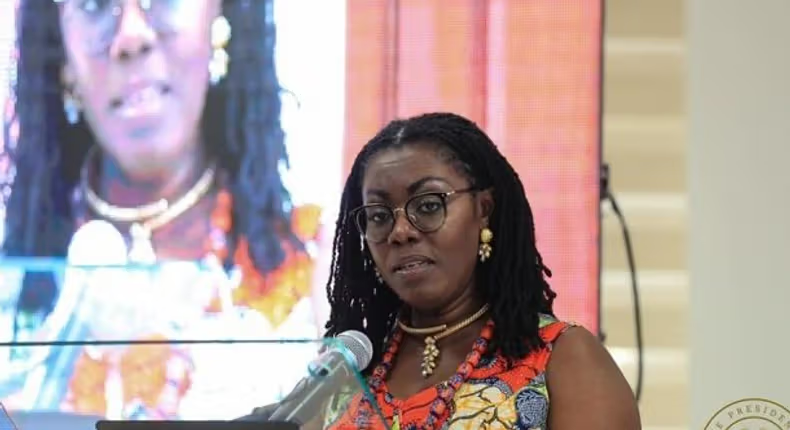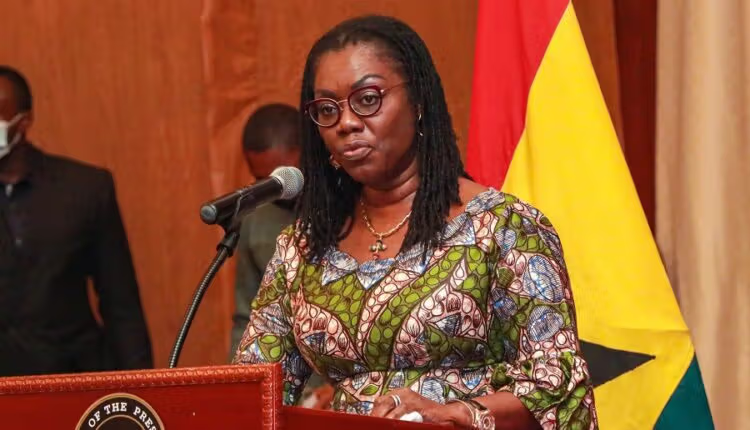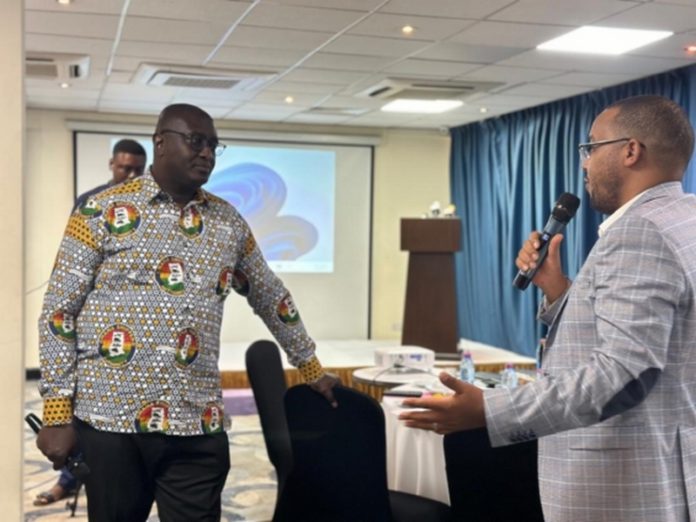Ursula Owusu explains why Ghana’s 5G rollout was given to a newly formed company
Ghana’s Communications and Digitalisation Minister, Ursula Owusu-Ekuful has confirmed that NextGen InfraCo, the company selected for the country’s 5G network rollout, was established just one week before being awarded the contract.

Minister Owusu-Ekuful explained that NextGen InfraCo was specifically created for this project because no existing neutral infrastructure company was capable of managing the 5G rollout at the time.
She further elaborated on the government’s rationale, stating that auctioning the contract was not considered due to past experiences and setbacks that hindered the rollout of the 4G network, which has only achieved a 15% nationwide penetration since its introduction in 2015.
Highlighting the lessons learned from the 4G rollout, the Minister emphasized that the government’s decision to directly award the contract to a newly formed entity aims to circumvent similar challenges and expedite the implementation of the 5G network.
The Ablekuma West Member of Parliament underscored the strategic necessity of having a dedicated infrastructure company to ensure the successful and timely deployment of 5G technology across Ghana.
“This is a special purpose vehicle, and once the government decided to use a neutral infrastructure company to deliver this service, there was no existing company capable of doing so at the moment,” Owusu-Ekuful explained.

“Therefore, it had to be specifically formed for this purpose, based on the strategic policies and decisions of the government.”
The confirmation from the Minister aligns with concerns raised by investigative journalist Manasseh Azure Awuni regarding the awarding of the contract to NextGen InfraCo Ltd. Despite these concerns, the government maintains that this approach is essential for the efficient and effective rollout of the 5G network in Ghana.
In a Facebook post on Thursday, May 30, Awuni pointed out that the company was incorporated barely a week before President Akufo-Addo granted executive approval for the deal.
Mr Awuni pointed out that the contract, which experts estimate to be worth hundreds of millions of dollars, was awarded through sole sourcing, without giving other companies the opportunity to bid for the project.



